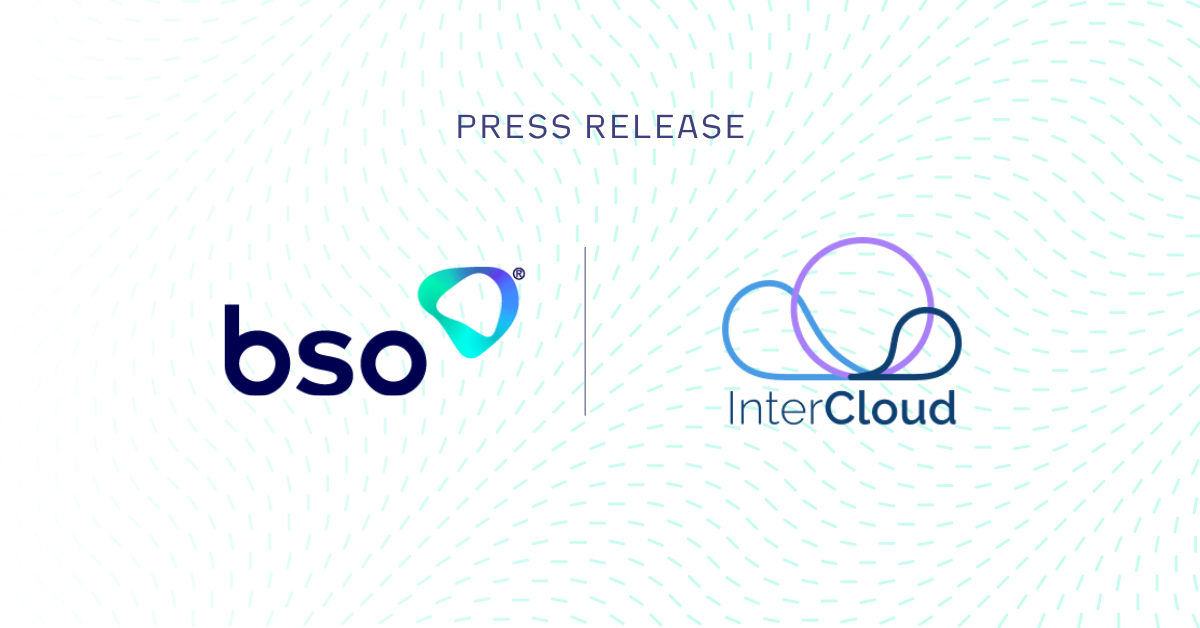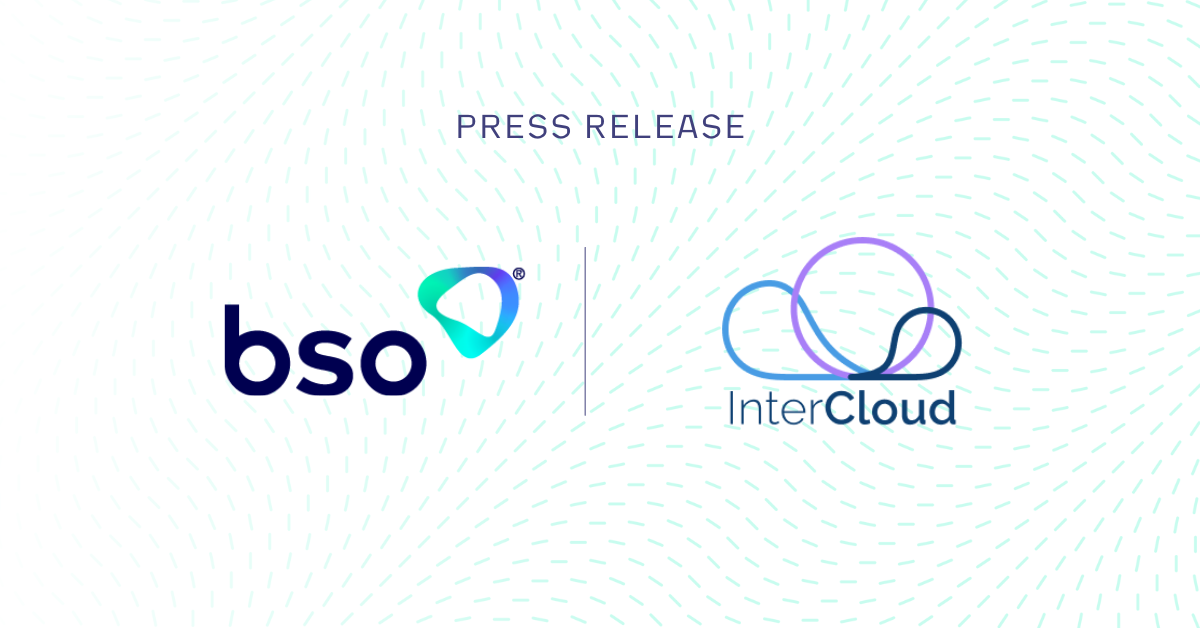Financial institution’s tolerance of poor cloud connectivity is costing them 50% of revenue

Dublin, Ireland, - May 31 2022 - BSO, the global pioneering infrastructure and connectivity provider, today revealed new research uncovering a “resilience paradox” suggesting that financial institutions have come to tolerate poor cloud connectivity experiences.
Nearly all IT decision-makers rated their connectivity as being extremely or very resilient, yet all had experienced outages to some degree with almost half experiencing outages at least monthly. The sluggishness to move to more reliable cloud options is costing financial institutions 21%-50% of revenue on average yet only 2% of financial institutions are planning to change cloud providers in the near term. The findings are a surprising contradiction given the availability of cloud solutions on the market that guarantee 99.99% uptime and 100% data durability for object storage.
The report, Cloud connectivity and the future of financial markets, is based on a survey of 600 IT decision-makers in financial service sectors including banking, trading, brokerage, financial exchanges, and crypto exchanges. Businesses from across the world were surveyed including France, Germany, the UK, the US, Hong Kong, Singapore, and Brazil.
Key findings include:
- Performance: In all sectors and countries average losses for financial service firms due to poor network performance topped $67mn for the past 12 months.
- Data security: The most pronounced impact that security breaches had on businesses was on lost or misdirected payments, with over half of businesses (52%) experiencing them, closely followed by the inability to access accounts or accounts suspended (47%) and inability to use the full, promised functionality of cloud-based applications (41%).
- Global scale: 2 in 5 (38%) respondents said poor cloud connectivity stopped them from expanding into a new geographic market. Nearly half (48%) said it stopped them from launching a new product or service. Over 2 in 10 (22%) said it stopped them from expanding into a new sector.
- Top considerations for selecting a new cloud connectivity provider: Quantity of cloud on-ramps (51%), technology and services that align with business needs (49%), low number of transactions needing repairs or returns (48%), the ability to exit with no risk of vendor lock-in (39%) and better choices of currencies (39%) were the top five considerations for businesses when selecting a new provider.
- The pandemic effect: Contrary to popular belief, the pandemic was not a major stimulus of cloud investment because most businesses (99%) had already started using cloud to access applications before the pandemic.
The research also found a “north-south cloud divide” when comparing markets across several cloud performance metrics. France, UK and US firms consistently estimated considerably higher impacts from poor cloud performance when compared to their southern hemisphere counterparts, Hong Kong, Singapore and Brazil. Cumulative losses topped $442.67mn for France, UK and US firms dwarfing losses of $64.71mn from Hong Kong, Singapore, Brazil firms.
The north-south cloud divide key findings include:
- Low latency: On average firms lost $14mn due to lost trades in the past 12 months due to the inability to achieve low-latency goals with US ($64.45mn), UK ($16.18mn) and French ($15.97mn) firms experiencing the most significant losses.
- Scaling resources: Over $25m in revenue was lost in the last 12 months on average from the inability to effectively scale resources. The US recognised shockingly higher losses ($142.83mn) than the rest of the world and dwarfs UK firms ($15.43mn) in second place.
- Sourcing real time market data: The inability to source real-time market data cost banks $18mn on average. US banks lost $44.72mn followed by UK banks ($14.63mn) and French banks ($12.69mn).
“The importance of cloud technologies is well-established among financial service institutions, but this is the first report of its kind to uncover the impact of poor cloud connectivity on the commercial success of businesses. The losses financial service institutions have witnessed in the last year due to poor cloud connectivity should be a wake-up call to the industry.” Said Michael Ourabah, CEO of BSO. “The findings raise an important question - why are institutions hesitating to make changes to their cloud connectivity when solutions are readily available? Whatever the answer, the most successful institutions will be those that take a proactive approach to their cloud strategy.”
ABOUT BSO
The company was founded in 2004 and serves the world’s largest financial institutions. BSO is a global pioneering infrastructure and connectivity provider, helping over 600 data-intensive businesses across diverse markets, including financial services, technology, energy, e-commerce, media and others. BSO owns and provides mission-critical infrastructure, including network connectivity, cloud solutions, managed services and hosting, that are specific and dedicated to each customer served.
The company’s network comprises 240+ PoPs across 33 markets, 50+ cloud on-ramps, is integrated with all major public cloud providers and connects to 75+ on-net internet exchanges and 30+ stock exchanges. The team of experts works closely with customers in order to create solutions that meet the detailed and specific needs of their business, providing the latency, resilience and security they need regardless of location.
BSO is headquartered in Ireland, and has 11 offices across the globe, including London, New York, Paris, Dubai, Hong Kong and Singapore. Access our website and find out more information: www.bso.co
SALES ENQUIRY
Get in touch now. Find out how we can transform your business_
You might be interested in_
THE BSO DIFFERENCE
The industries we work across_





/Revolutionising-Connectivity%20BSOs-Tailored-Cloud-Solution-for-CryptoStruct-GmbH.png?width=1050&height=550&name=Revolutionising-Connectivity%20BSOs-Tailored-Cloud-Solution-for-CryptoStruct-GmbH.png)
/6%20Cloud%20Best%20Practices%20for%20Financial%20Technology%20Companies.jpg?width=1200&height=600&name=6%20Cloud%20Best%20Practices%20for%20Financial%20Technology%20Companies.jpg)








